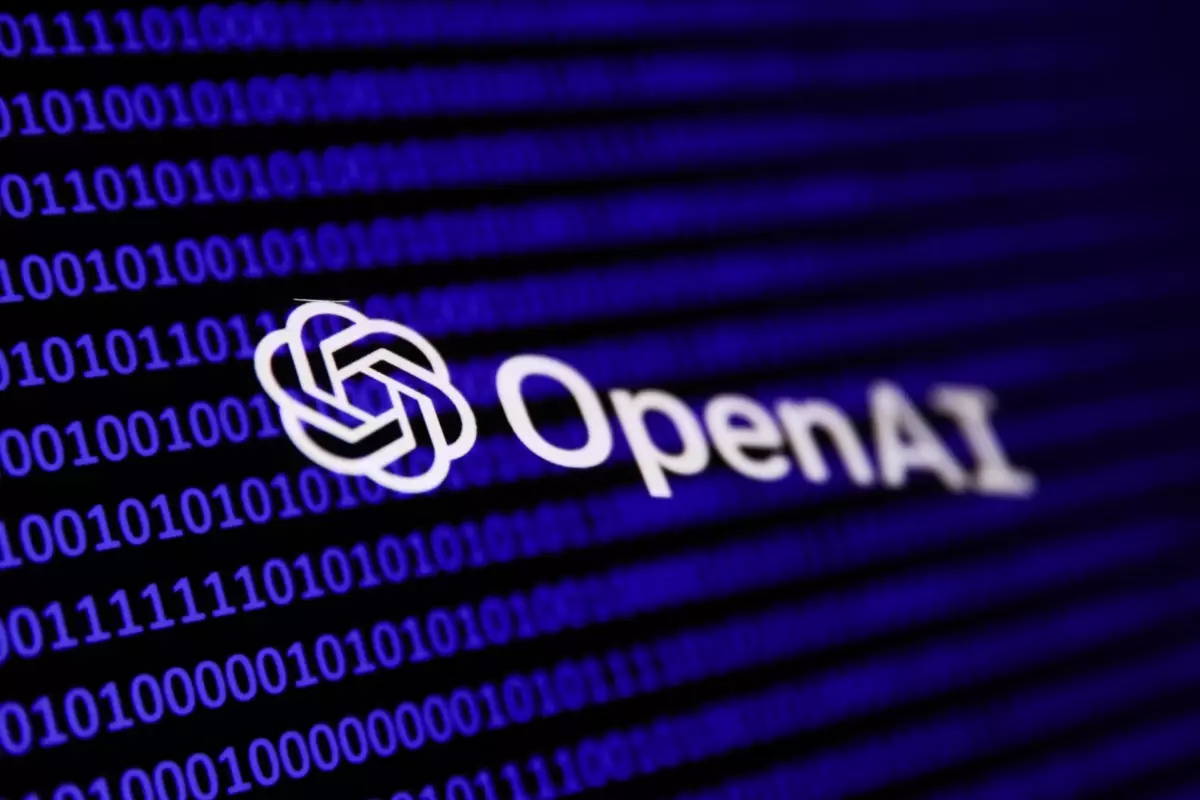In a notable development within the tech industry, Meta, the parent company of Facebook, has aligned itself with Elon Musk in a legal and ethical battle regarding OpenAI’s transformation from a non-profit organization to a for-profit entity. According to recent reports from The Wall Street Journal, this partnership showcases a significant intersection of interests among major players in Silicon Valley, raising questions about corporate ethics and the implications for artificial intelligence (AI) development.
Meta’s formal communication to California Attorney General Rob Bonta reflects a serious concern about the potential ramifications of OpenAI’s change in business structure. The letter argues that permitting this transition could disrupt the existing landscape of AI competitors and introduce an imbalance in the investment ecosystem. By voicing their opposition, Meta emphasizes the gravity of the situation, suggesting that it could lead to “seismic implications” across the tech sector, particularly in how companies balance profit motives with ethical considerations in AI innovation.
The Implications of a For-Profit OpenAI
Meta’s letter raises critical issues regarding the unique advantages non-profit investors might have under OpenAI’s proposed for-profit model. Specifically, it points out that non-profit investors could reap benefits similar to traditional for-profit investors, capturing returns while still enjoying the tax advantages associated with non-profit status. This dual benefit could potentially bias the playing field, raising ethical concerns about the integrity and motivations behind AI advancements.
In essence, this controversy touches upon a broader debate within the tech industry regarding the responsibilities of organizations engaged in AI development. As businesses increasingly prioritize profit over community welfare, critics argue that the quality and ethical considerations of AI technologies risk being overshadowed by financial aspirations.
Elon Musk’s Complicated Relationship with OpenAI
Elon Musk’s involvement in this dispute is particularly noteworthy. As one of the original co-founders of OpenAI, Musk’s withdrawal from the organization and subsequent formation of his own AI company, xAI, adds to the complexity of the situation. His legal initiative to seek an injunction against OpenAI’s transition underscores a personal stake in how AI should be developed and monetized. Musk’s actions suggest a commitment to scraping the surface of ethical AI development while navigating the corporate landscape.
Moreover, Musk’s call for qualified representation by insiders like ex-board member Shivon Zilis hints at a struggle for voices that prioritize ethical considerations in an industry that often prioritizes rapid technological advancement. It reflects a broader sentiment that in the quest for innovation, the potential societal impact of AI must not be sidelined.
As this saga unfolds, it becomes increasingly apparent that Meta’s alliance with Musk against OpenAI’s for-profit model could redefine the future of AI development and investment. Their collective concerns spotlight the crucial need for dialogue surrounding corporate responsibility and ethics in AI. The outcome of this legal and ethical battle may not only affect the respective companies involved but could also serve as a precedent for how the tech industry navigates the complex intersections of profit, innovation, and societal wellbeing moving forward. The implications are profound, and the future of AI could very well depend on the decisions made in this critical juncture.

